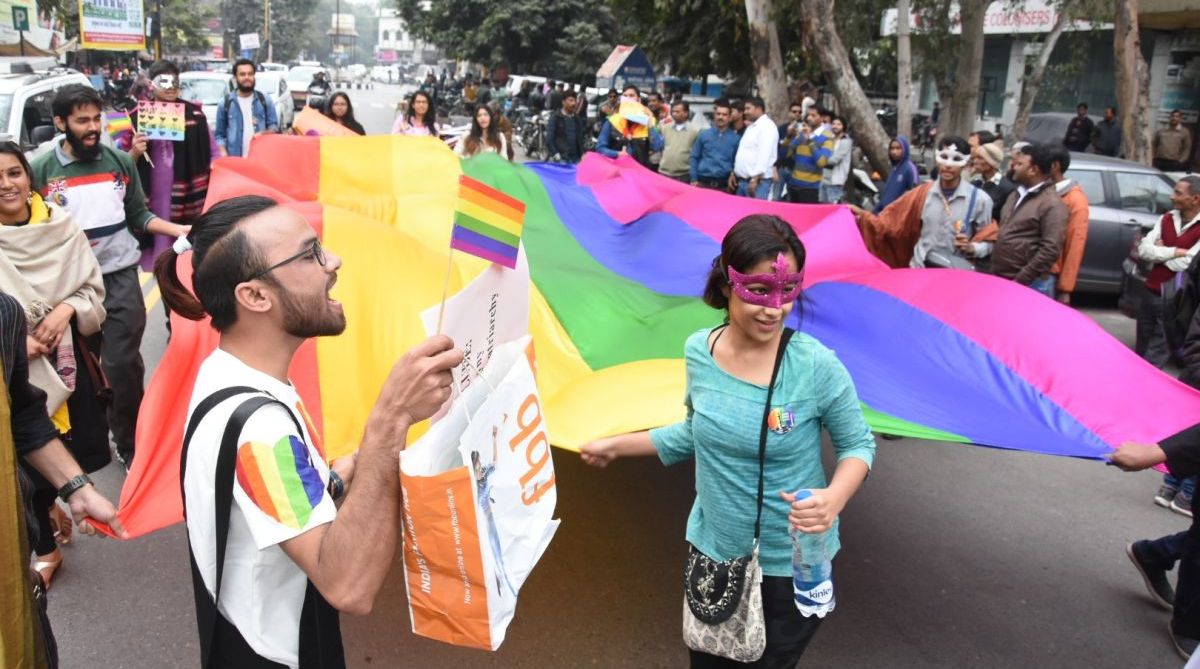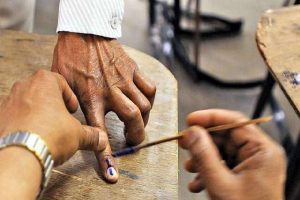The Supreme Court is likely to pronounce its verdict on a batch of petitions challenging the Constitutional validity of Section 377 of the Indian Penal Code that criminalises homosexuality.
The five-judge constitution bench of Chief Justice Dipak Misra, Justice Rohinton Fali Nariman, Justice AM Khanwilkar, Justice DY Chandrachud and Justice Indu Malhotra had reserved the verdict on 17 July on the conclusion of arguments.
Advertisement
The verdict assumes significance as in the earlier round of litigation in 2013 the Supreme Court had reversed the Delhi High Court ruling decriminalising homosexuality or same sex relationship,
The tone and tenor of the hearing of the matter on 17 July – the day the verdict was reserved – saw the court telling that it was duty bound to strike down a law that is in conflict with the fundamental rights and not to leave it to majoritarian government to address it.
“It is our duty to strike a law the moment we find a law in conflict with fundamental rights. We don’t leave it to the majoritarian government, which may or may or act” given the exigencies of its vote bank politics, the constitution bench had said.
“The moment we are convinced that a law is violative of the fundamental rights we will strike it down and not relegate it to legislature,” the court had said.
The hearing saw the Constitution bench disagreeing with some of the respondents telling it that decriminalizing the same sex relationship amongst the LGBT community would have a cascading effect on other statutes including the personnel laws and the spread of dreaded diseases like HIV and AIDS.
Unimpressed by the submission, Justice Nariman had said that there would be “no cascading effect” as all such references in other statutes will get deleted.
Justice Chandrachud rejecting the contention had said that the cause of the sexually transmitted diseases was not sexual intercourse but unprotected sex.











